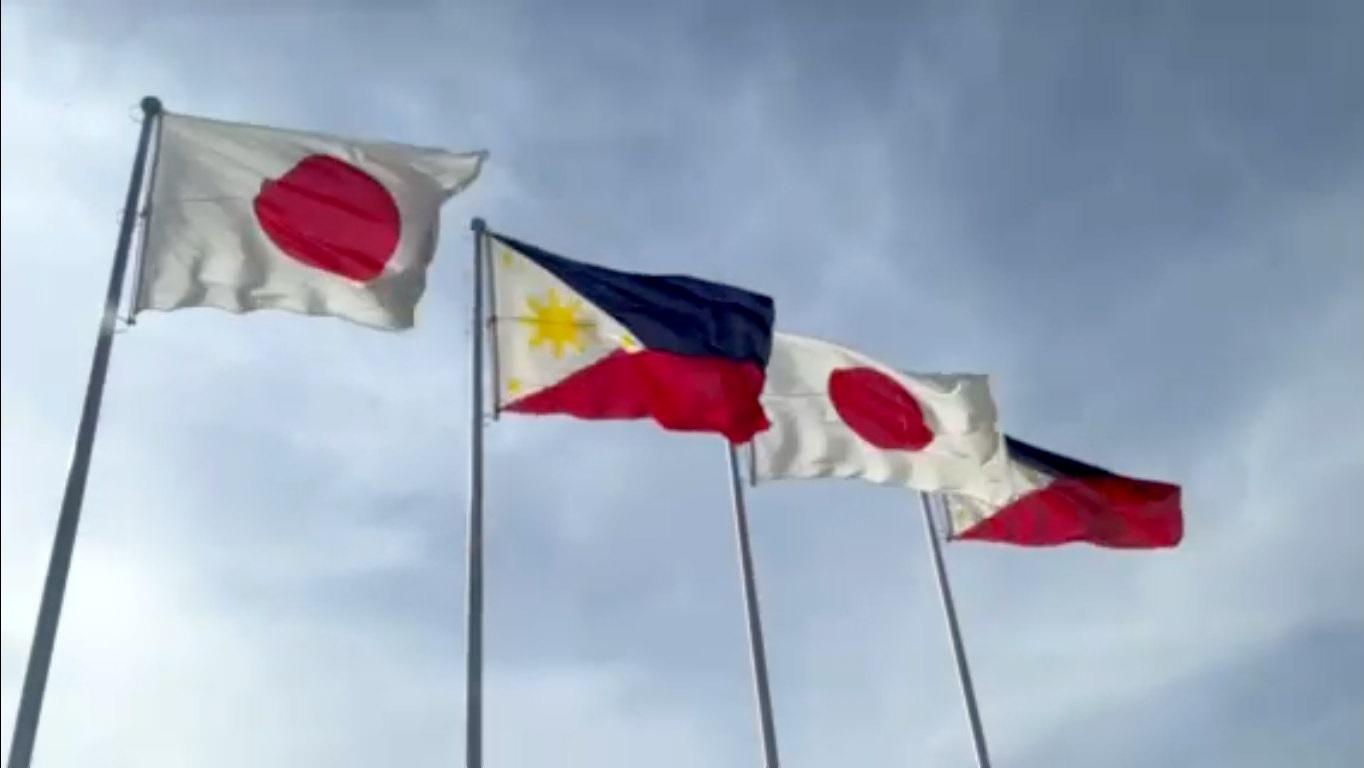
PHILIPPINES, JAPAN TO HOLD 2+2 MEET IN MANILA
Top Philippine and Japanese foreign affairs and defense officials will hold a high-level meeting in Manila on July 8 to bolster political and military engagement in the face of China's aggressive posturing in the South China Sea.
Diplomatic sources said both sides are finalizing a defense agreement, called Reciprocal Access Agreement or RAA, that will allow Japanese forces to train with Filipino counterparts and are hoping to sign it during the meeting.
Dubbed as 2+2 meeting, Foreign Affairs Secretary Enrique Manalo and Defense Secretary Gilbert Teodoro will meet with Japan Foreign Minister Yoko Kamikawa and Japan Minister of Defense Minoru Kihara for a ministerial meeting—the second for both countries since 2022.
In a statement, the Department of Foreign Affairs said the four ministers "are expected to discuss bilateral and defense and security issues affecting the region, and exchange views on regional and international issues."
During the visit, the Secretary for Foreign Affairs and the Secretary of National Defense will hold separate bilateral meetings with their counterparts to discuss areas of mutual concern.
The meeting is deemed crucial since it is being held at a time when China is expanding its military presence in the South China Sea, triggering concerns from Japan, the United States, Australia, European Union, and Canada due to its increasingly aggressive and violent actions against small claimants, like the Philippines.
"The 2+2 Foreign and Defense Ministers Meeting is the highest consultative mechanism between the Philippines and Japan to date. It is a platform to further strengthen the decade-old Strategic Partnership of Philippines and Japan," the DFA said.
Japan and the Philippines are establishing closer security ties in reaction to China's aggressive territorial assertions. China and Japan are also locked in a long-running territorial dispute over the Senkaku islands, which the Chinese call Diaoyu.
A vital trading and shipping lane, the South China Sea, dotted with rocks, shoals and reefs where rich oil and mineral deposits were found, are claimed in part or in whole by the Philippines, China, Vietnam, Malaysia, Brunei, and Taiwan.
The Philippines largely won a landmark case against China's massive claim in the South China Sea before an arbitration tribunal in The Hague, Netherlands, but Beijing does not recognize the ruling.
On June 17, Chinese Coast Guard personnel, brandishing knives, spears and axe repeatedly rammed two Philippine Navy rubber boats, to stop them from delivering food supplies, firearms and other necessities to Filipino troops at the Second Thomas Shoal, where a grounded World War II-era vessel, BRP Sierra Madre, serves as a Philippine military outpost.
Several Philippine Navy personnel were injured due to China's actions, including one who lost his right thumb.
President Ferdinand Marcos Jr. and other officials protested the Chinese assault, calling it "deliberate and illegal."
Videos and photos released by the Philippine military showed tense confrontation at the shoal where the Chinese Coast Guard slashed Philippine boats and smashed its navigational screens. China seized two Philippine boats and several M4 rifles.
The latest Chinese action—the most violent to date—drew condemnations from the US, Japan, Australia, Canada, UK, and the 28-member European Union, among others, but was met with silence by the Association of Southeast Asian Nations (ASEAN), of which the Philippines is a member.
Washington has warned that it has a treaty obligation to defend the Philippines from hostile armed attacks.
The RAA with Manila, which is similar to the Visiting Forces Agreement between the Philippines and the United States, will be Japan's third defense accord after the United Kingdom and Australia.
Manila has been expanding maritime and defense security cooperation with allies amid increasing tensions with China in several hotspot areas in the South China Sea, including the Second Thomas Shoal, which the Philippines calls Ayungin Shoal, and Scarborough Shoal, which Filipinos call Bajo de Masinloc.
The VFA between the United States and the Philippines took effect in 1999 and now serves as a legal framework that allows American forces to visit the country temporarily for military exercises and provide humanitarian and disaster-response assistance.
Australia and the Philippines signed a similar accord in May 2007 called the Status of Visiting Forces Agreement, or SOVFA, which they separately ratified later.
The 1987 Philippine Constitution prohibits foreign troops from establishing permanent military bases in the country.
Manila will also start negotiations with France for a VFA and recently separately signed separate defense cooperation agreements with Canada and the U.K. — VDV, GMA Integrated News
This article Philippines, Japan to hold 2+2 meet in Manila was originally published in GMA News Online.
2024-06-28T05:02:44Z dg43tfdfdgfd